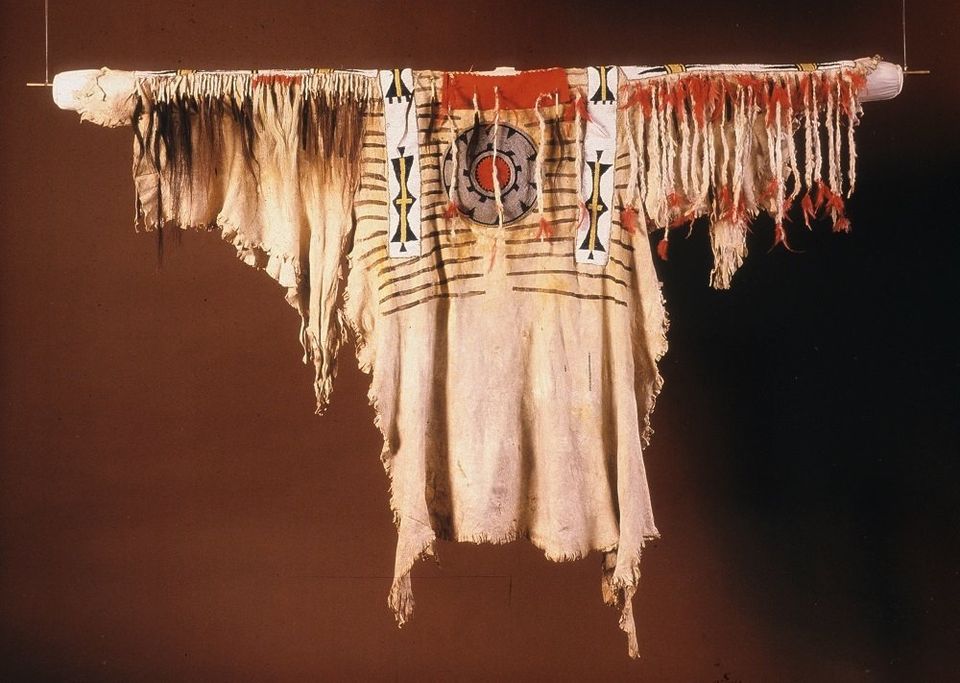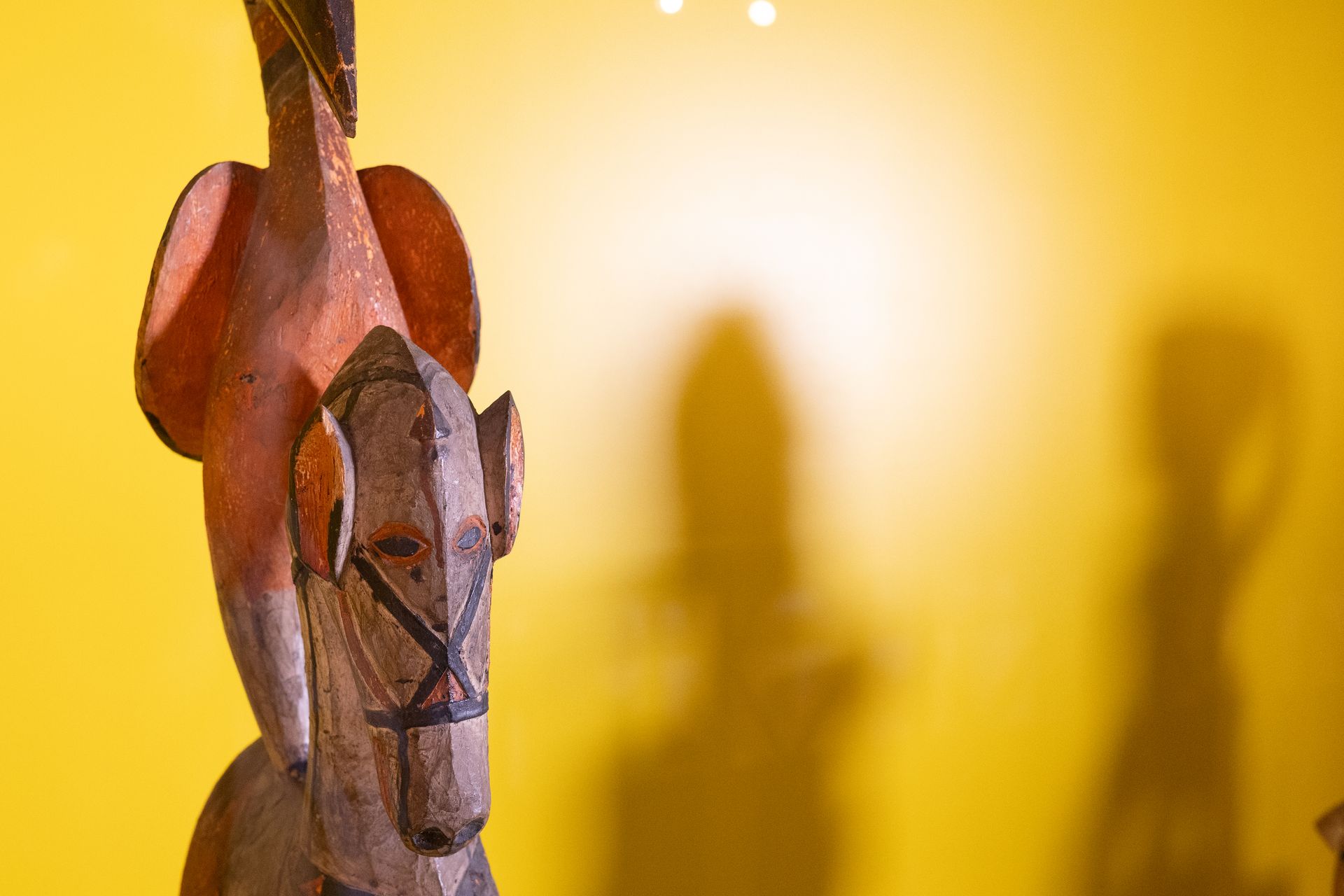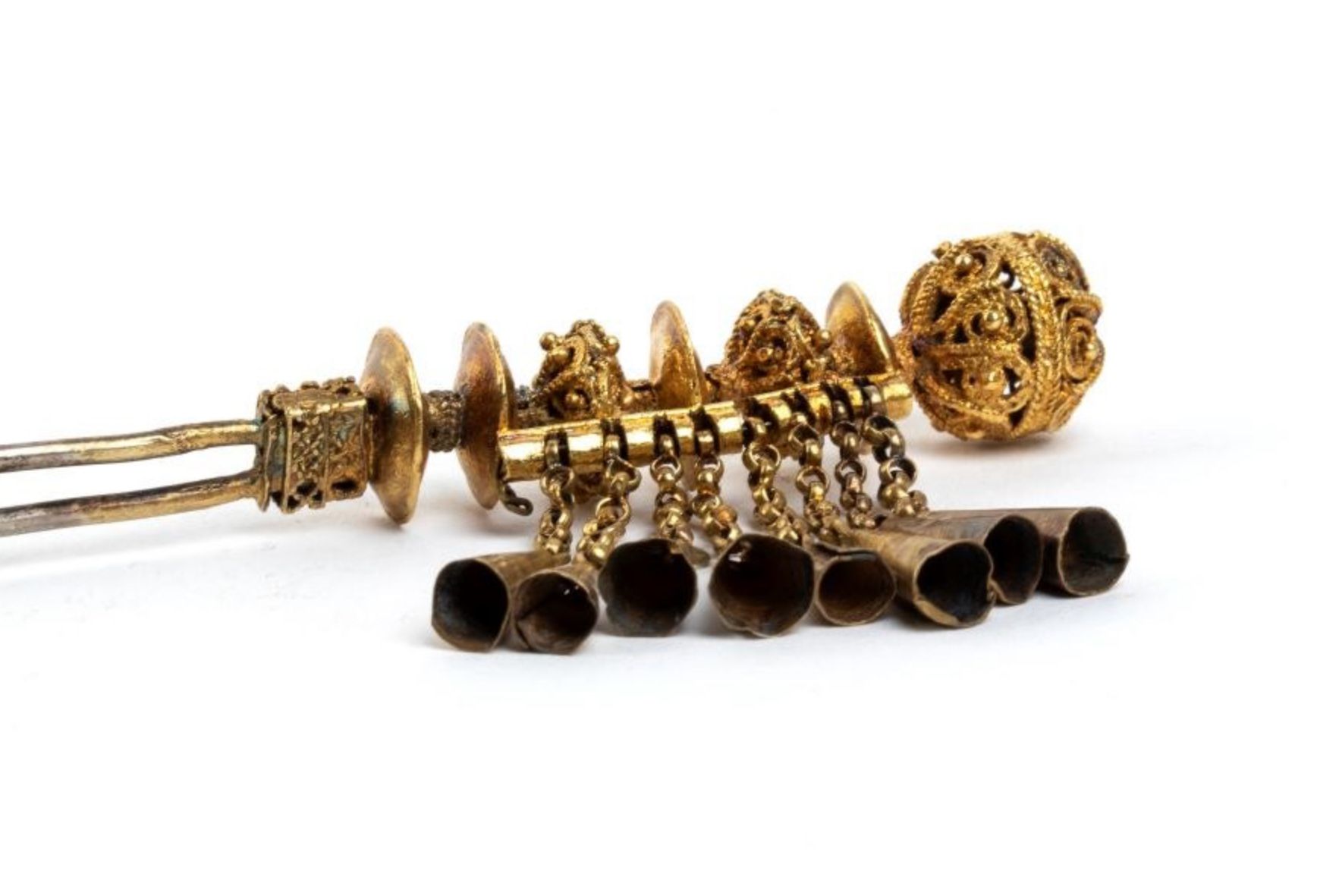Cultural Restitution
SHARE ARTICLE
Is a Devon museum’s refusal to repatriate Native American regalia an unnecessary procrastination or a responsible act to ensure the longer-term care and preservation of the regalia?
The first formal request made to Exeter's Royal Albert Memorial Museum (‘RAMM’) to return a number of items once owned by Chief Crowfoot of the Blackfoot Nations was made five years ago (2015) by the Blackfoot Crossing Historical Park (‘BCHP’), a Blackfoot-run cultural heritage and visitor centre in southern Alberta. The site marks the location where Treaty No.7, an historic agreement signed between the government of Canada and the Plains First Nations, was made in 1877.
The Museum is being criticised for dragging its feet. However, the BCHP has so far failed to satisfy the RAMM about the environmental and structural conditions required by the RAMM before agreeing any restitution. As a result, the Museum is currently resisting their return to Canada.
But the Museum is not rejecting the appeal altogether.
Along with the University of Cambridge Museum of Archaeology and Anthropology, the RAMM has been researching Blackfoot collections in the UK since 2013 and has been advancing our understanding and interpretation of these Native American cultural artefacts. The Museum purchased their items in 1904 from Cecil Denny, who'd been a signatory to the Treaty No. 7.
The RAMM is not against repatriation. Unlike other collections, they already operate a clear and responsible restitution policy. Before considering the return of any item from their collection, they must receive assurances from the claimant about future ownership and the environmental conditions for long-term care and preservation.
The Museum's commitment to stand by this policy led to the successful restitution in 1995 of a necklace and bracelet belonging to the Aboriginal Tasmanian, Truganini.
So far, the Museum do not feel they’ve been given these assurances and, as a result, they don't feel able to recommend to Exeter City Council’s Executive Committee the return of Crowfoot’s regalia - yet.
A major sticking point is future ownership. The Museum says they are keen to ‘minimise the risk of competing or conflicting claims for the same material’, so they’ve written to the Siksika Tribal Council, elected representatives of the Siksika nation, for clarification who exactly will take ownership of the items in the future. Will it rest with the BCHP, which has not been accredited with the Canadian Museums Association, or with the Siksika Tribal Council?
Another sticking point is conditions for their longer-term preservation and care. It’s hard for many indigenous communities to satisfy the environmental standards set by many western collections. New curatorial programmes are going a long way to overcome these obstacles, but for many smaller communities these obstacles still lie beyond their reach.
Other restitution appeals have floundered on the same grounds. In June 2017 the University of Cambridge rejected a request to return four spears from the Cook-Sandwich Collection to the Gweagal People. Inadequate conditions for the housing and care of these spears, along with uncertain community support for their repatriation were two of the principal reasons the University gave for rejecting the appeal.
The RAMM has written to the Siksika Council to make clear they will put this request to return the 'Crowfoot regalia' before the ECC Executive Committee in June this year and to the Council the following month - but only if these issues of future ownership and care are addressed.
Presently, not all this information requested has been received.
The RAMM has already shown they accept the principle of the rights of indigenous people to regain control of their cultural heritage. But they are correct to place equal importance on addressing issues of ownership and future preservation before any of the items are returned.
After this was written......
Exeter City Council's Executive Committee met in April 2020, three months earlier than expected, when they voted to approve the repatriation of the 'Crowfoot regalia'. Read more
Photo: A Blackfoot buckskin shirt that once belonged to Chief Crowfoot
Courtesy of © 2020 Royal Albert Memorial Museum & Art Gallery, Exeter City Council
More News




